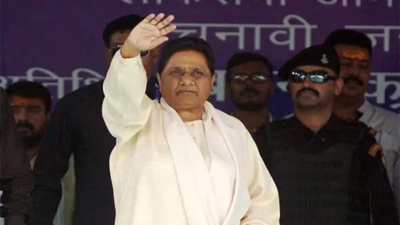
Mayawati's statements reflect growing concern among various political and social groups about the government's approach to reservation policies, which are designed to provide equitable opportunities to marginalized communities. She has criticized recent legal maneuvers and legislative changes that, according to her, are intended to weaken the reservation framework established to promote social justice and equality.
The controversy stems from a series of legal challenges and amendments proposed by the government, which some critics argue could lead to the erosion of reservation benefits. These actions have sparked widespread debate about the future of quotas in education and employment, with significant implications for various communities that have historically benefitted from these policies.
The government’s legal strategy involves challenging existing reservation norms in court and proposing amendments that critics believe could drastically alter the reservation landscape. Supporters of the move argue that these changes are necessary to ensure meritocracy and efficiency in public institutions, while opponents fear that they could exacerbate social inequalities and undermine efforts to uplift disadvantaged groups.
This dispute highlights a broader tension between merit-based policies and affirmative action programs. Proponents of meritocracy claim that reservation policies can sometimes lead to inefficiencies and promote mediocrity, while defenders of quotas argue that these measures are essential for addressing historical injustices and providing equal opportunities to disadvantaged communities.
Political analysts suggest that the outcome of these legal battles could have significant ramifications for India's social fabric. If the government succeeds in its attempts to overhaul the reservation system, it could lead to a major realignment in how opportunities are allocated across different sectors. Conversely, a failure to implement these changes might reaffirm the existing reservation policies and reinforce the status quo.
Mayawati’s accusations add a layer of political drama to the ongoing judicial proceedings. As a prominent voice in Indian politics, her opposition to the government’s tactics could influence public opinion and mobilize supporters in defense of the reservation system. Her statements underscore the broader political and social stakes involved in this issue, as the country grapples with how best to balance equality and merit in its public policies.
The legal and political landscape surrounding reservation policies continues to evolve, with various stakeholders weighing in on the implications of potential changes. As the judiciary reviews these matters, the future of India's reservation system remains uncertain, with significant consequences for social equity and justice hanging in the balance.
